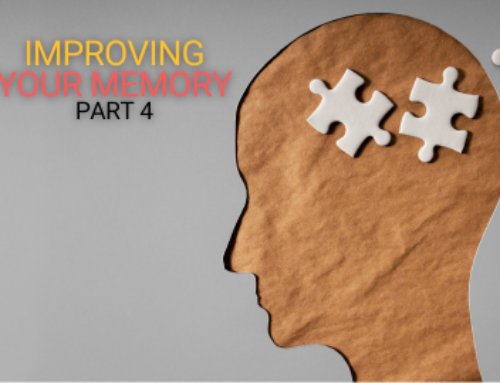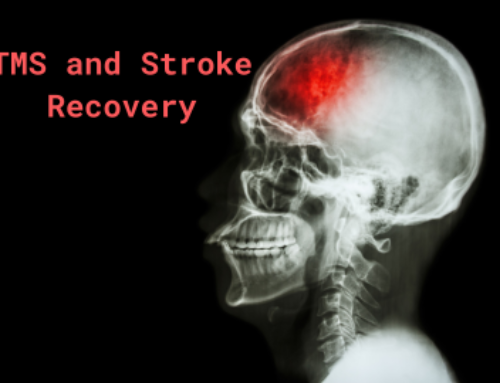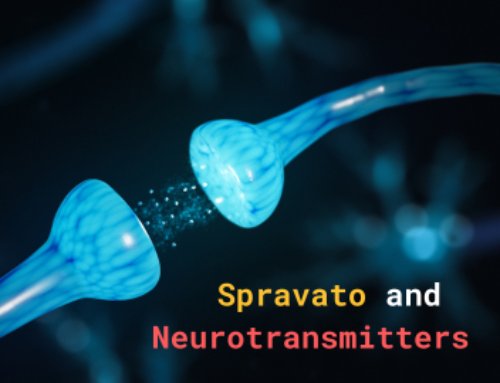TMS and Migraines
A migraine is a type of headache that is a special kind of miserable. Some common facts about migraines:
− Severe pain is the #1 symptom of a migraine headache
− The pain often comes with a throbbing sensation
− Many migraine sufferers experience an “aura,” often manifesting as light spots or streaks
− Migraines are often accompanied by nausea
− Migraines are often accompanied by sensitivity to light
− Migraines are often accompanied by sensitivity to sound, possibly dulled hearing, or ringing in the ears
− Migraines are exacerbated by factors like tight muscles in the head and neck, dehydration, and inflammation
− Far more females experience migraines than males
− A migraine headache can last a few hours or a few days
Is there a connection between migraines and depression? According to data published by the National Center for Biotechnology Information (NCBI), depression affects around 80% of migraine sufferers, whether consistently or inconsistently. Depression and chronic pain conditions are known to exacerbate each other by worsening symptoms and having an even more negative effect on one’s life. Both migraines and depression are known to cause fatigue and take one’s time and attention away from work, recreation, and relationships.
According to data published by the NCBI and the National Institute for Health and Care Excellence (NICE), TMS is noted to have a positive effect on patients’ migraines. It is interesting to note that placing the TMS coil over a part of the brain called the motor cortex produced the best results. The motor cortex provides the impulses for voluntary muscle contraction. The non-invasive electromagnetic stimulation to the motor cortex not only made migraines less severe in the study results, but reduced their frequency.
The FDA has approved TMS for use to treat migraine headaches as long as certain equipment is used according to strict guidelines. More study and regulatory development is needed to make TMS more available for issues like migraines and other conditions. TMS is still a fairly new treatment, and much study is being done to see what TMS can be approved to help with.
If you are having migraines, tell your doctor if you have not. Journal your symptoms, their severity, their frequency, and anything else you notice. The doctor might want you to watch for certain patterns, like possible allergens or hormonal connections. Migraines can be hard to treat, and it is important to know what your insurance will cover and to advocate for yourself. If you are taking antidepressant medication, make sure to inform anyone you see for migraines about them, and vice versa. It is important to know how certain medications may interact with each other.
If you have been diagnosed with chronic depression and it has proven treatment resistant, TMS could be an option for you to have a better quality of life. While we are not currently able to offer TMS specifically for migraines, if we can work with a patient to develop a care plan that works for them and if there is anything we can do that will reduce their pain, we will do it. We’re staying on top of developments in medicine and using the best, latest methods and equipment to help our patients, their families, and society at large.
For questions and appointments, write to us on our website or call (585) 442-6960.





